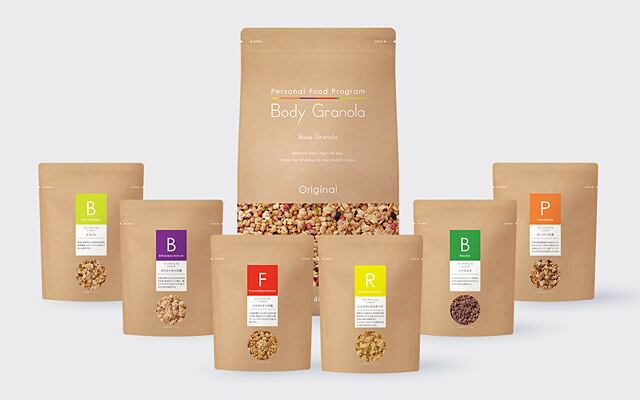Vietnam’s WTO food safety update signals new growth for industry
Vietnam has announced new food safety updates at a global level, marking a new phase of growth to boost trade confidence and opportunities for local firms
For the past few years, Vietnam has been on a mission to improve the management of food safety nationwide, anxious to improve the domestic and international reputation of the Vietnamese food industry.
These efforts have been backed by a new food safety management system developed in partnership with South Korea which was only recently launched this past March.
Zepto food scandal exposes India quick commerce risks
Zepto’s Mumbai hub exposed for major hygiene lapses, revealing weak food safety enforcement and cold chain gaps in India’s booming quick commerce sector
The race for speed and convenience is raising food safety concerns in India’s quick commerce sector, with experts calling for stricter enforcement and greater supplier accountability.
This was highlighted after the Maharashtra Food and Drug Administration (FDA) inspected Zepto’s Mumbai facility on 31 May, uncovering fungal growth in foods and products stored on wet filthy floors.
The findings have cast a spotlight on the food safety risks that may be overlooked in the pursuit of ultra-fast delivery by quick commerce platforms, which have rapidly transformed India’s retail landscape.
Food safety breaches surge in South Korea as summer hits
South Korea has seen a spike in food safety violations with the arrival of summer, highlighting concerns over contamination risks and inspection failures
Summer has conventionally been a time of high alert for South Korean health authorities as food poisoning cases out of foodservice outlets and public canteens tend to spike during this time.
Government data has shown that the food poisoning situation intensified after the COVID-19 pandemic and concluded that factors such as handwashing were a major factor – but while conducting an intense round of food safety inspections over the past few weeks, reports show that many contamination issues are emerging from much higher up the food chain.
Japan’s low GM food awareness slows self-sufficiency progress
New data shows under 50% of Japan consumers understand GM foods, a challenge to reaching local food self-sufficiency and production goals
Genetically modified (GM) foods have long been a point of contention in Japan, with consumers generally maintaining a cautious and wary attitude towards the entire sector. Primary concerns have been for food safety and biodiversity impacts.
The government on the other hand has been attempting to change public perception of GM foods for many years, including implementing new GM food regulations and publishing yearly reports on the safety of GM crops and cultivation sites, mainly focused on soybean and rapeseed, since 2006.
India warns against ‘100%’ claims as global scrutiny grows
India’s food regulator says ‘100%’ claims can mislead, as scrutiny mounts worldwide over absolute language in food and sustainability marketing
The Food Safety and Standards Authority of India (FSSAI) has issued a strong advisory against the use of ‘100%’ claims on food and beverage products, citing concerns about misleading consumers through packaging and promotional materials.
The FSSAI noted a “noticeable surge” in the use of ‘100%’ across product labels and promotional platforms.
Its concern is backed by emerging research and case studies showing that such absolute claims can confuse consumers and potentially backfire on brands.




